Audi RS Q e-tron Improved Ahead of 2024 Dakar Rally
Team Audi Sport is preparing to unleash the Audi RS Q e-tron for the third time at the 2024 Dakar Rally and has made significant and innovative changes to challenge for victory in the desert. Remaining as drivers will be Mattias Ekström, Stéphane Peterhansel, and Carlos Sainz.
Audi has been testing its successfully incorporated changes since the middle of this year and the car has undergone rigorous testing to prepare it for next year’s Dakar Rally.
The 2023 Dakar Rally saw Ekström finish in 14th place and accidents befall Stéphane Peterhansel and Carlos Sainz prompting Audi to improve safety in the car. Springs, dampers and the bump stop in the chassis enable better control of the car, while foam in the seats will improve comfort over long periods.
Sainz’s second accident at this year’s Rally saw the car roll over and to combat this, engineers have made the CFRP crash box at the front end of the chassis longer. It is now able to absorb the energy generated during such accidents in a better way than before.
In the 2022 Rally - unlike in 2023 after two crashes - all three of the Audi RS Q e-trons finished the event, with the German brand impressed with its reliability. One issue that was encountered was stones penetrating the car and getting caught between the rim bed, brake disc and upright causing considerable and time consuming damage. Now, new fastening elements for the uprights will allow more clearance for the stones to be thrown out easily. Audi Sport is now using stronger rims and sidewalls so the car is less vulnerable.
To improve the experience in the cockpit, it will now be sealed to protect the drivers from outside elements. The front bonnet has also been modified to repel mud and water, so the windshield will remain cleaner.
Despite the weight of the new, more robust tyres, the RS Q e-tron is lighter overall and closer to the minimum weight of 2,100kg with the rear bonnet, brake callipers and co-drivers footrest being reduced in size.
Improving maintenance during the rally has been looked at too as Audi looks to speed up the process in that area. To do this, modified bolted connections, improved tool holders, optimised filling cap devices for fluids, new locking solutions and bolted instead of glued connected will hopefully lead to faster, more efficient servicing.
“Our engineering team has improved the RS Q e-tron even further with many creative solutions,” said Rolf Michl, Head of Motorsport. “Drivers and co-drivers, as well as all of the mechanics and engineers, benefit from the imaginative ideas. We feel that we are prepared for the Dakar Rally in the best possible way.”
A three-year contract was signed in 2022 to take Audi to the 2024 Dakar Rally so it is unclear whether the German team will continue beyond next year.
The 2024 Dakar Rally begins on January 5th.
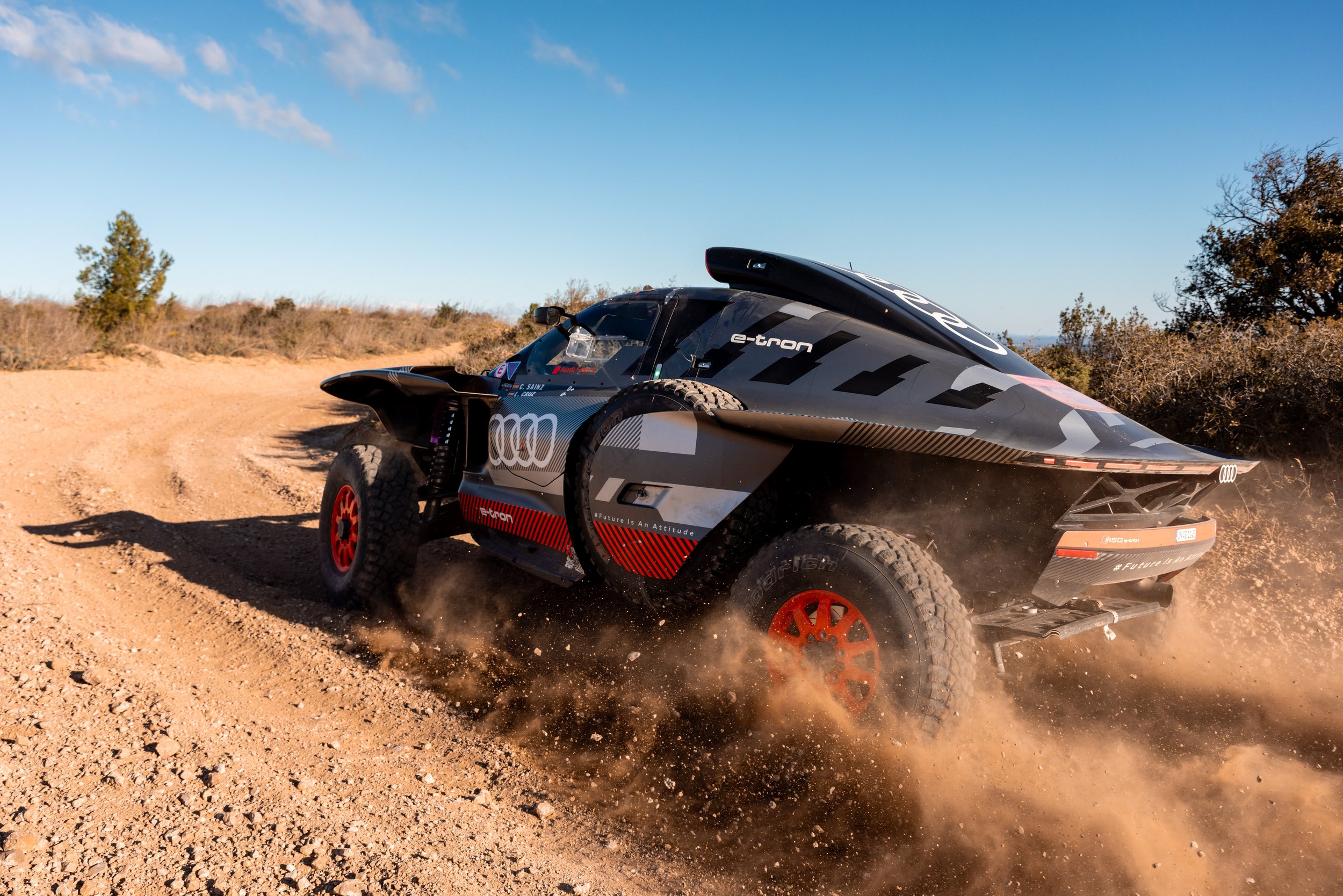

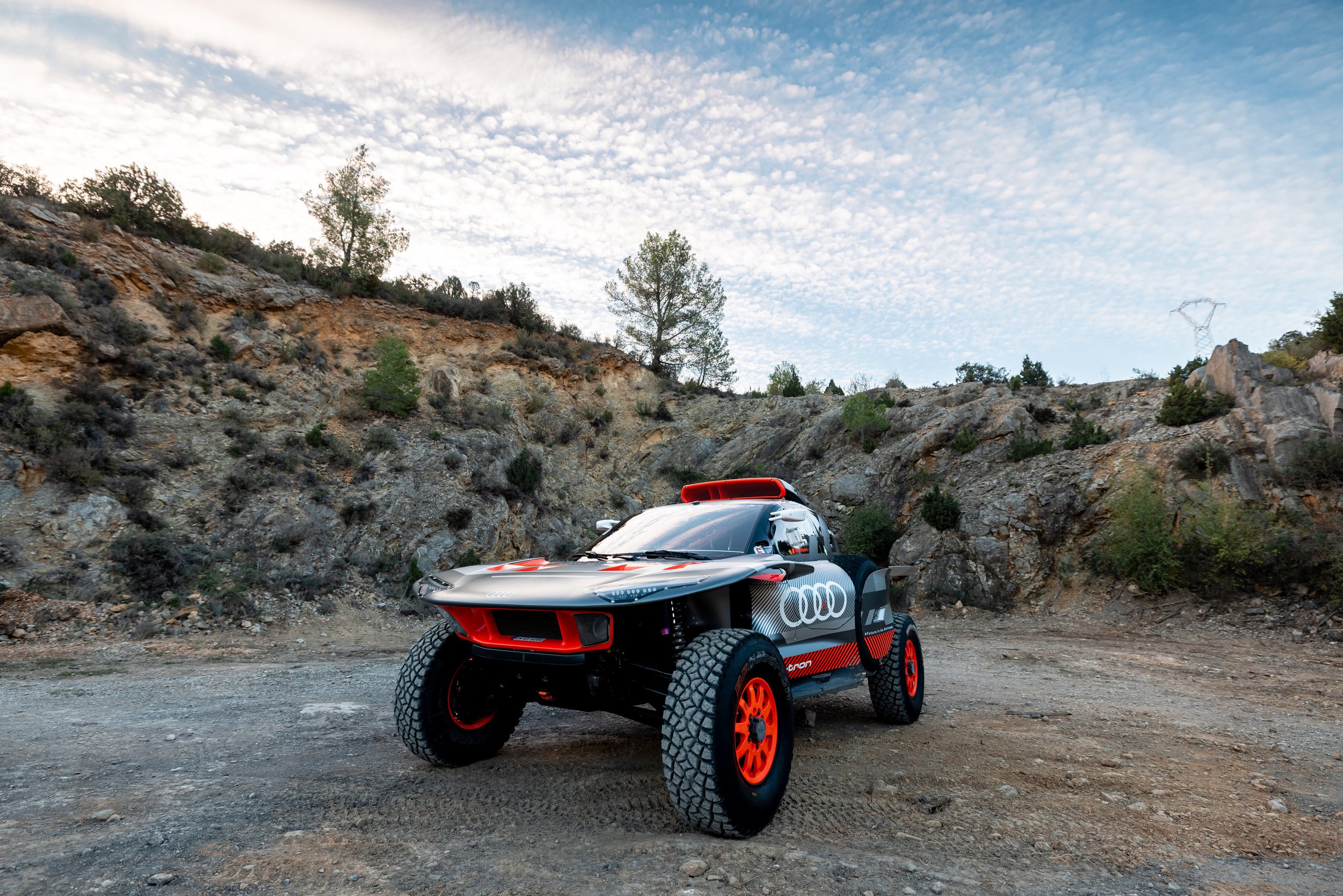
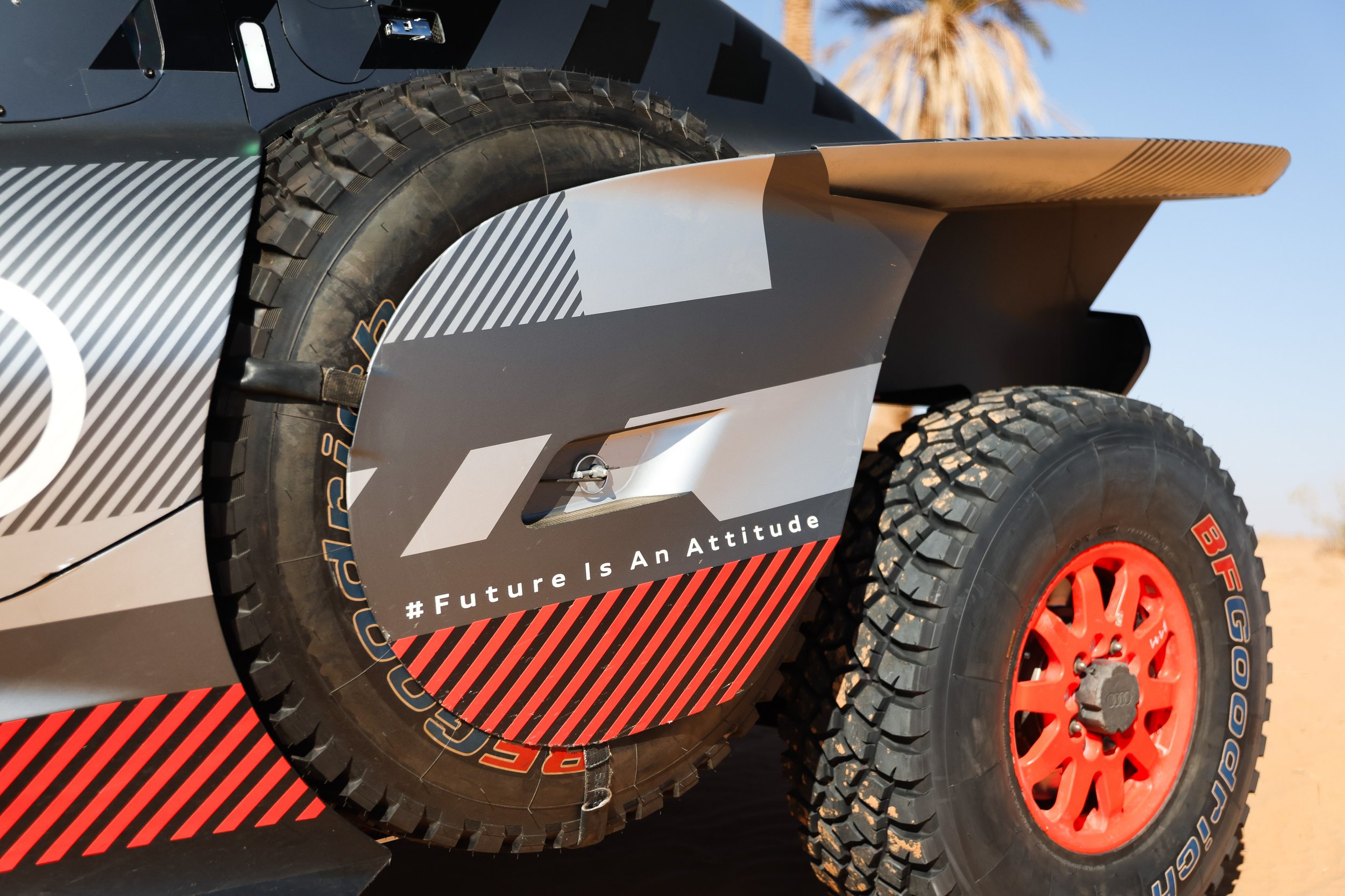
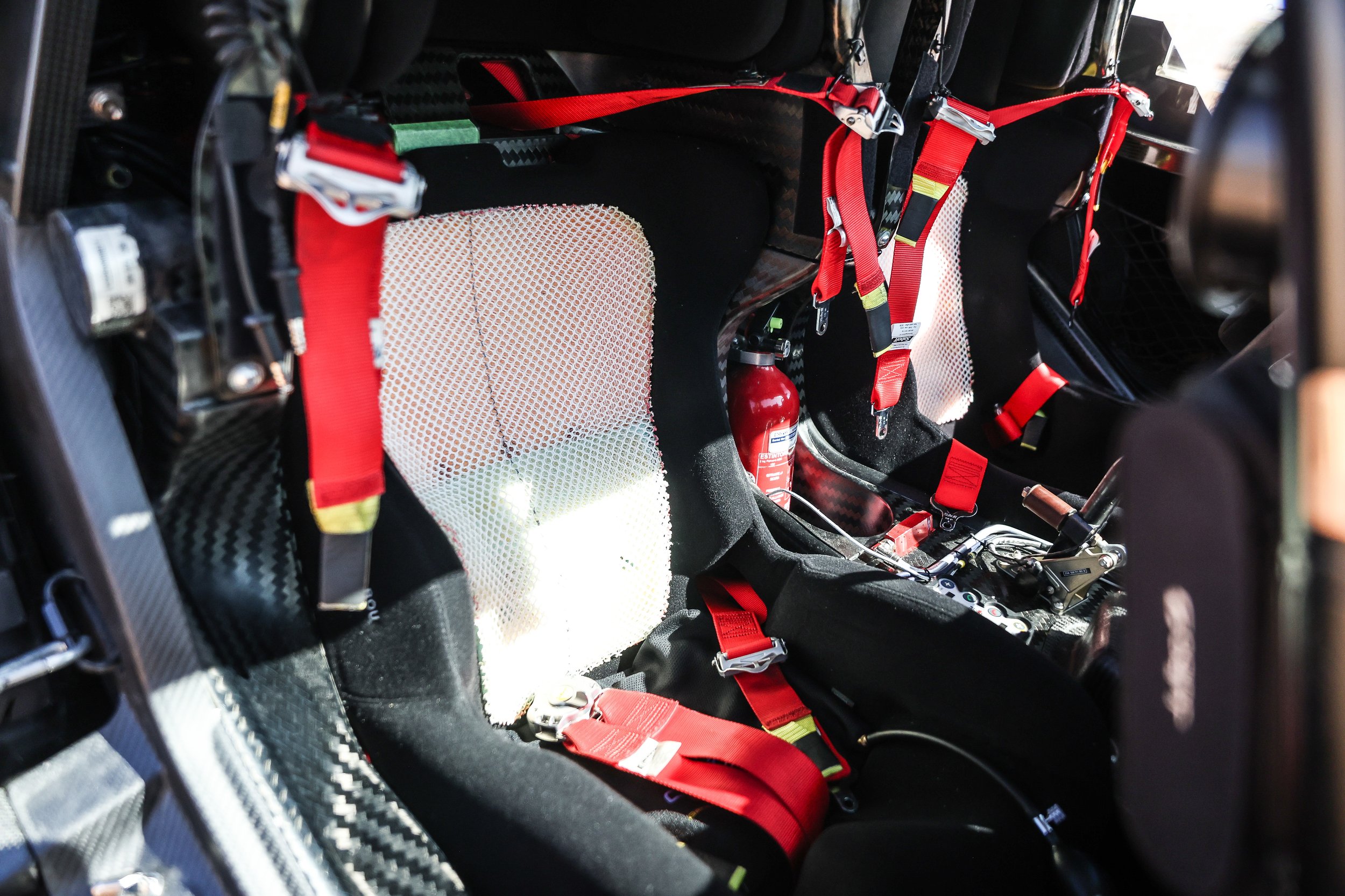
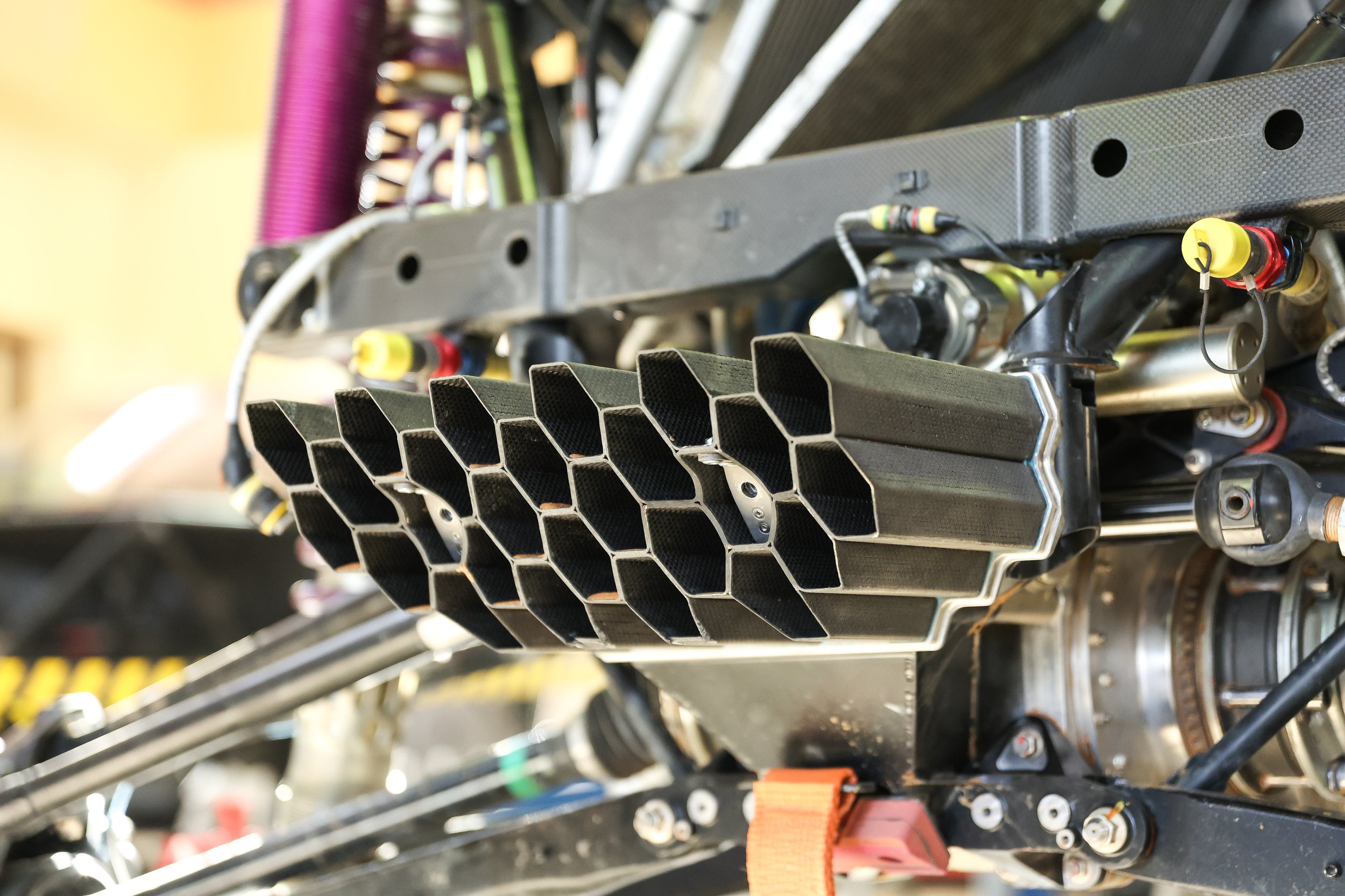
Words: Mike Booth
Pictures: Audi


